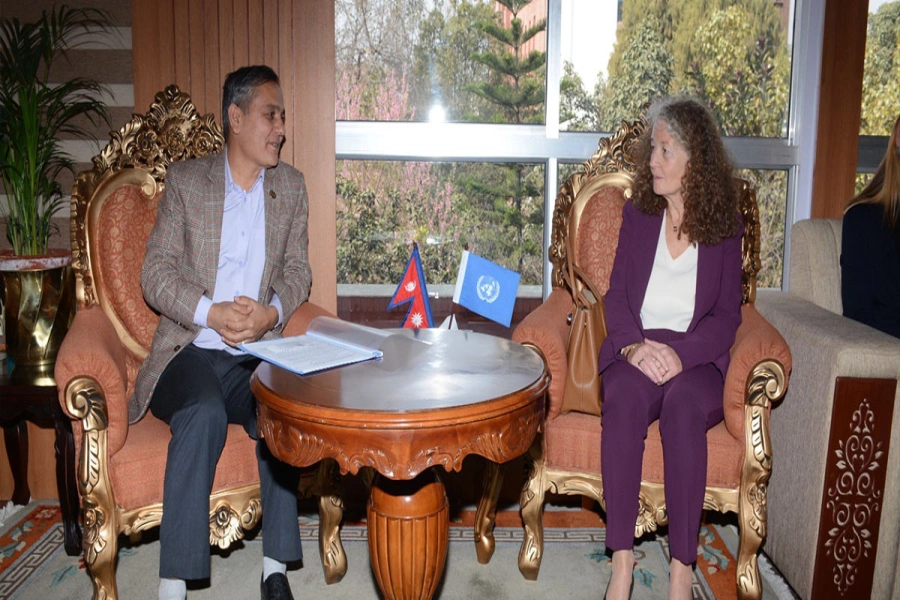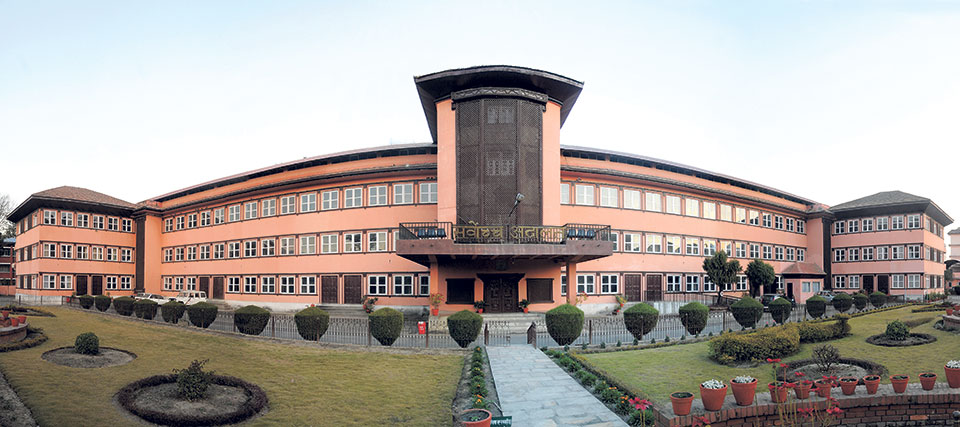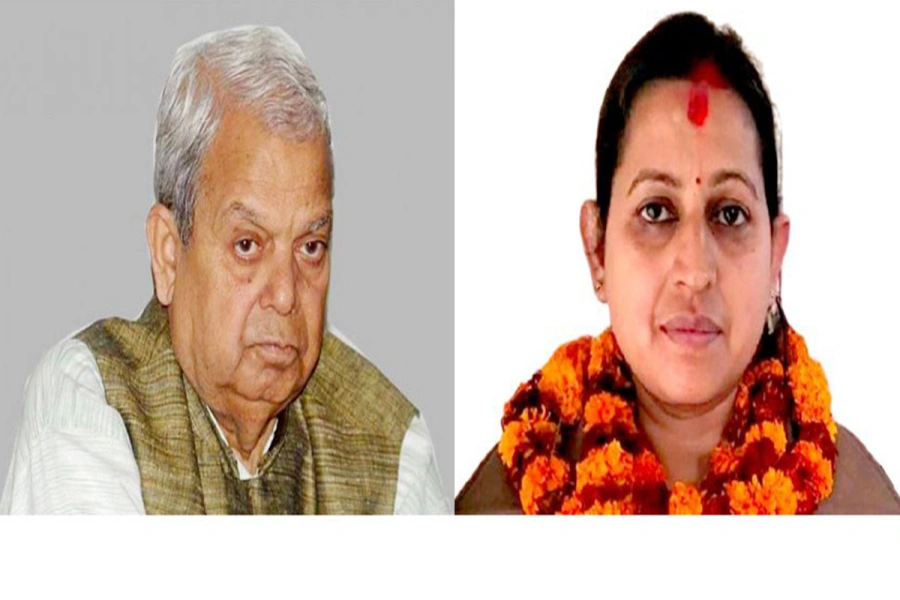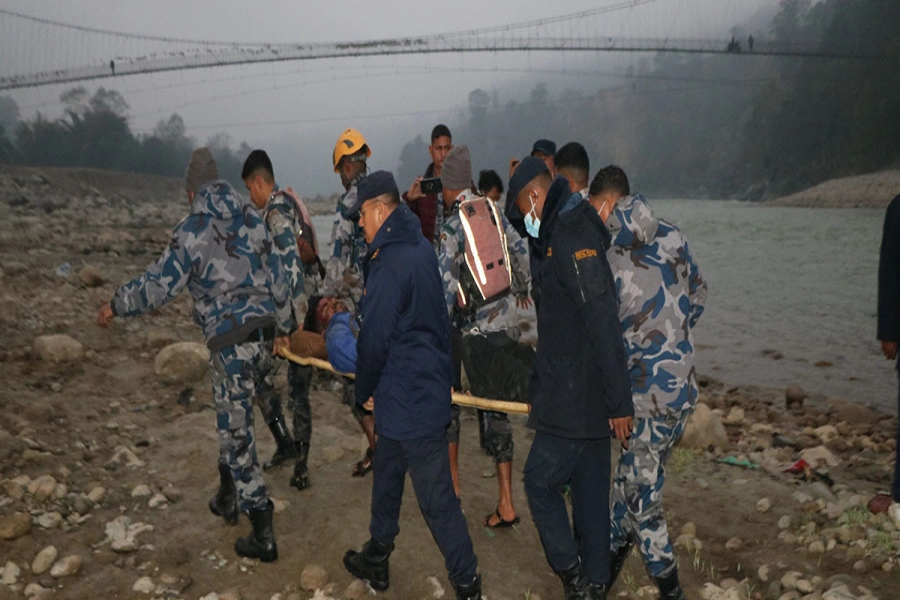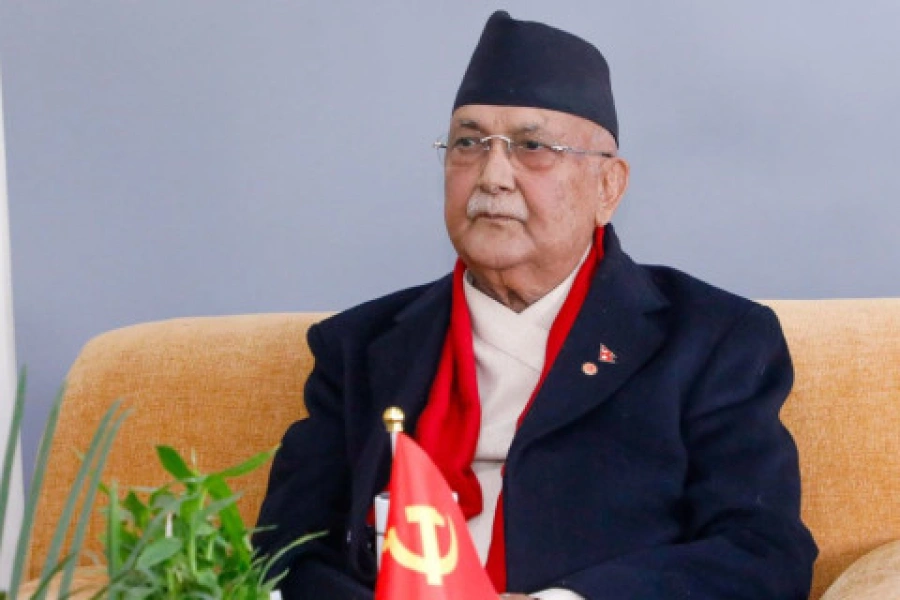KATHMANDU, Jan 18: The Judicial Council (JC) has defended its recent recommendations for the appointment of 80 judges at the seven high courts and their extended benches.
Issuing a press release on Tuesday, the JC has argued that it has recommended eligible candidates as per the constitution and existing legal provisions after holding a series of meeting. The press release, issued by JC spokesperson Devendraraj Dhakal, claims that the recommendations were made on February 10 only after setting up various criteria in the course of at least 15 meetings of the council starting November 7. The JC has also argued that the recommendations were made so as not to keep the judgeships vacant for long at a time when the high courts face huge workloads and case backlogs.
The JC also claims that it has adopted the principle of inclusiveness and recommended women candidates as well as candidates from the Madhesi, indigenous, marginalized and Dalit communities for the position of judges.
In its press release, the JC has stated that the recommendations included four government attorneys, two of them former additional judges. Likewise, it claimed that 32 advocates, including seven former additional judges, were also recommended.
"Thus, various news reports regarding the recommendations only created misconceptions about the independence of institutions like the Judicial Council," stated the press release.
Earlier, the Society of Government Attorneys and the trade unions at the Office of the Attorney General had expressed serious disappointment over the JC's recommendations and threatened protests from Sunday if the council did not review its recommendations.
The government attorneys claimed that the recommendations ignored the service put in by them in recommending only an insignificant number from among them for the high court judgeships.
Controversy persists over judge appointments

Likewise, Nepal Bar Association (NBA), the umbrella organization of lawyers across the country, had also asked the JC to review its decision, arguing that the recommendations were made in the absence of two of the council members and therefore did not fulfill constitutional provisions and the provisions of the Judicial Council Act.
Madhes-based parties have also expressed dissatisfaction over the recommendations, claiming that the decision did not follow the principle of proportionate representation and inclusion.
The JC recommended the 80 judges at midnight Thursday, but the decision caused controversy as one of the council members boycotted the meeting and another was also absent.




